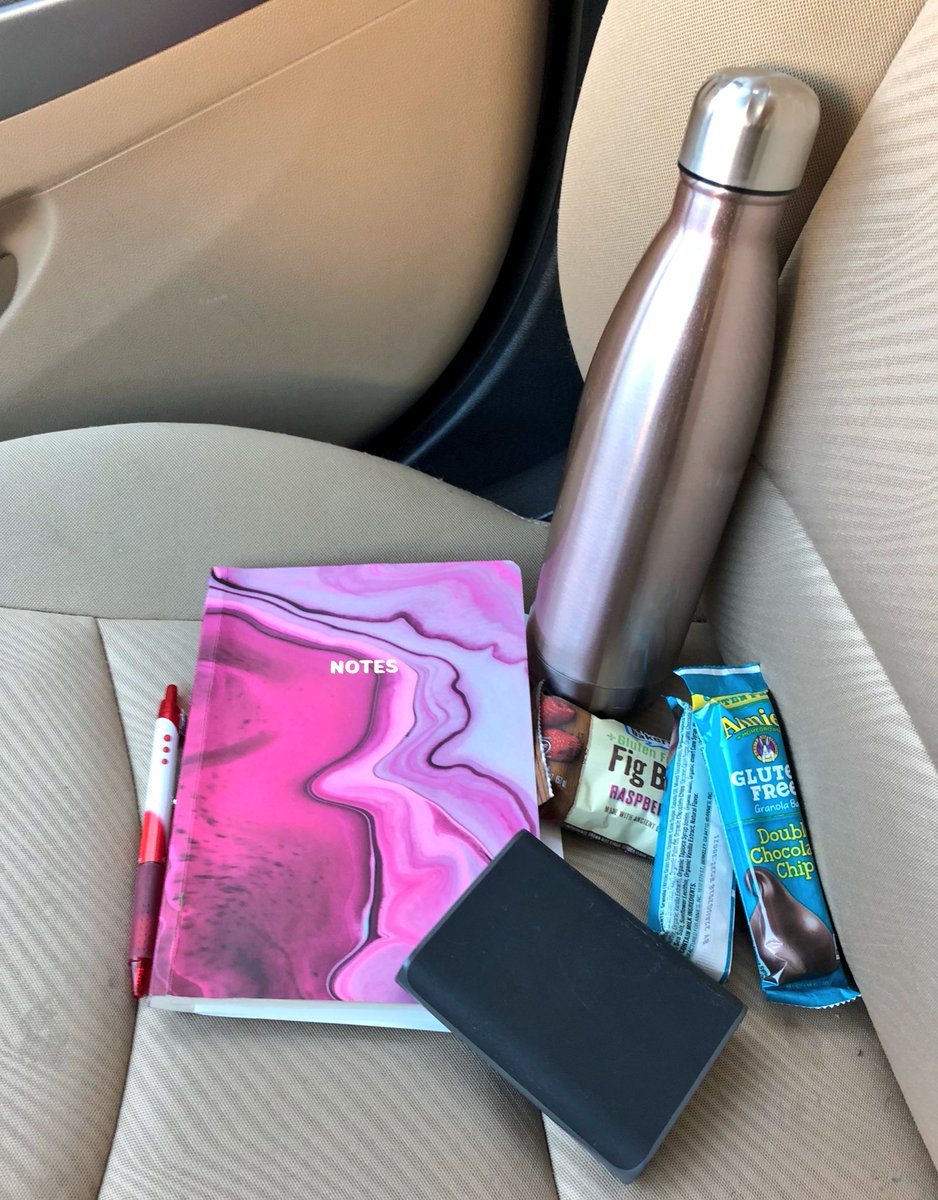1. Which option does council prefer for an
appreciation cap: cost of borrowing (4%), AMI
increase (2.1%) or a different fixed rate?
and income limits be raised or eliminated for
future buyers of the deed restricted home?
ballot measure language? (Boulder has to get voter OK for funding this)
• Homebuyers can only qualify for a bank loan for 72%
($432,000)
• Down payment of 5% ($30,000)
• Gap of 23% of the home value ($138,000)
Isn't AMI partially a result of who can afford to live here, rather than wage growth? Brockett asks
Silence for a few min, then Firnhaber says that's partially true.
Or does it save $$ but the homes get more expensive over time.
Brockett: I agree, but if they don't have other assets, they won't be able to afford it.
"How is that not what happened in 2008?" Young says.
Jones: Let's go with 2 then.
(That was question 2)
Brockett: We don't want to lose the affordability of the home.
Yates: But we could be a long-term holder where maybe they can't.
Carr jumps in to say that, via TABOR, the amount time is a maximum. Even if the city *says* 10, they can do 7 if they want. They just can't go over 10 years.
Firnhaber: We have a process already. We'd probably want to stick to that. It allows ppl to make upgrades.
Homes will keep restrictions over time, though who is allowed to buy them may change.
@threadreaderapp please unroll. Thank you.


